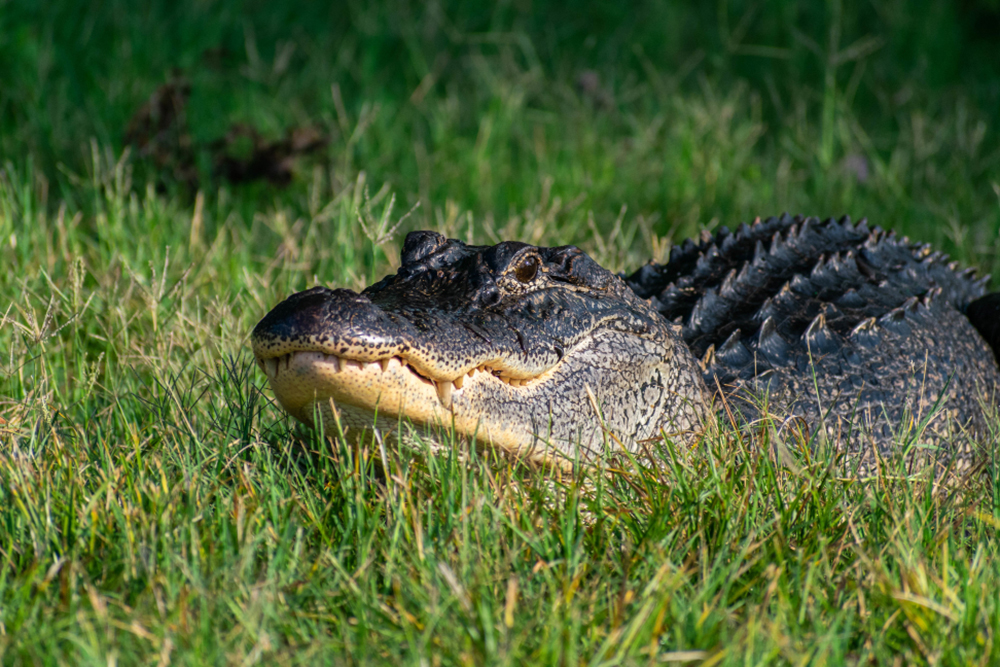Understanding the Care and Conservation Process of Florida's Gators



As one of Florida's most iconic animals, alligators are known for their intimidating presence and prehistoric origins. While it is possible to observe them in various locations around the state, understanding their care and conservation takes us one step closer to their world. With proper care, gators can thrive in their natural habitat. In this post, we will discover the needs of Florida's gators, and the steps necessary to take care of them.
Alligators need a variety of habitats throughout their life cycle. From wetlands and swamps to shallow ponds, these animals shape their environment with their presence. They require a combination of land, water, and sunlight, so understanding these factors is key to their wellbeing. Florida's conservationists have designated a significant amount of land and water to protect and conserve alligators' habitat.
The nurturing stage of alligators is where the care process begins. Alligator mothers are critical to keeping their hatchlings safe, so it's essential to keep them undisturbed as much as possible. The hatchlings need a warm and safe environment to thrive, including a shallow pool of water and lots of time soaking up the Florida sunshine. Female alligators will fiercely protect their young, so it's important not to disturb or handle them in any way.
The alligator diet primarily consists of fish, aquatic birds, mammals, and reptiles. It's illegal to feed wild alligators, and it's important not to offer food as it could disrupt their natural diets or even be harmful to them. Feeding wild alligators can lead to dependency on people and potentially cause a variety of negative consequences.
Alligators are unique creatures that need our help to survive in their natural habitats. Florida's conservationists work to preserve alligator populations through programs such as captive breeding, habitat preservation, and research. It is important to protect wetlands by rebuilding natural habitats into these areas to preserve alligator populations and other wildlife that rely on these habitats.
Humans living near alligators must understand the risks of living near these wild animals. It is vital to educate children about the importance of staying away from alligators, avoid swimming in lagoons, marshes, or other humid areas known to host alligators. If people observe wild alligators, stay at a safe distance as these animals are quick, and an unprovoked gator attack could be fatal. Instruct your community members about how to approach situations involving wild animals, especially when they spot alligators nearby.
By understanding the needs of wild Florida's gators, you can help promote conservation efforts. Conserving Florida's alligators is more than just increasing their populations – it's about preserving the delicate balance of ecosystems and the livelihoods of the people living alongside these majestic creatures. Florida's alligators are an icon of the state's wildlife, and conservation efforts are fundamental in ensuring the future survival and safety of the species. Remember, the next time you spot a gator near you, respect these wild animals and remember what you have learned today. If you want to try gator hunts in Orlando, FL, contact Switchgrass Outfitters today for booking information.